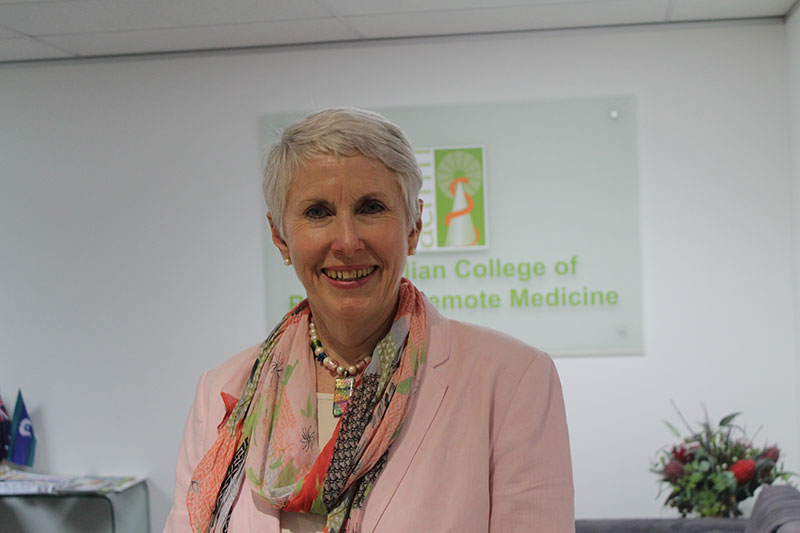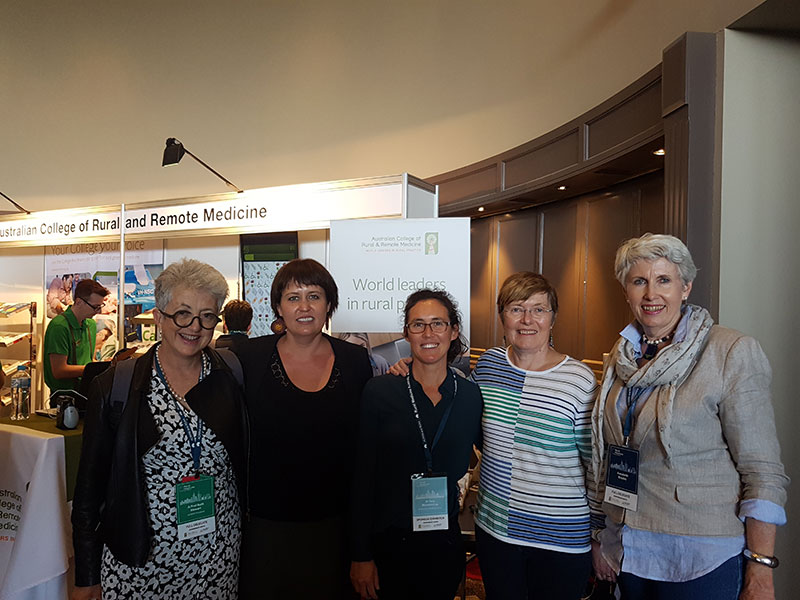Journalists wanting to speak to an ACRRM spokesperson are invited to contact Petrina Smith on 0414 820 847 or email.
The Australian College of Rural and Remote Medicine (ACRRM) has appointed south-west Queensland author Annabelle Brayley as a non-GP, Rural Community Director to the College Board. ACRRM is committed to community engagement in the quest to improve health outcomes in rural and remote communities.

Ms Brayley brings a wealth of knowledge and experience of rural communities to the position.
“I bring a good network of community contacts to the role and hope to apply that to making connections in rural and remote areas that will help ACRRM from a non-clinical point of view,” said Ms Brayley.
“Apart from boarding school and initial nursing training, I’ve lived rural for most of my whole life, working both on the land, in small business, and in a rural and remote health context, as well as in recent years as a storyteller. My family is now five-generations rural-based, with my children and grandchildren currently located in Wodonga in Victoria, and Charleville in Queensland.
“My husband and I now live in Morven, nearly 700 kilometres west of Brisbane. We have fewer than 200 people in the town, with a local health clinic that’s staffed 24/7 by a nurse practitioner and once a week by a visiting GP. We have hospital services in Charleville, which is about an hour away by car.
“Sometimes that means waiting for services, but like most people in the inland, it also means we’ve built a level of resilience that helps us in hard times.
"Rebuilding strong communities, with general practitioners and other health professionals who are committed to the ideal of long-term investment with sustainable professional and social leadership in those communities, is integral to the future of the inland and indeed the nation."
ACRRM President Associate Professor Ruth Stewart said: “As a rural resident and consumer of rural health services, Annabelle will introduce a unique point of view to Board deliberations.
“ACRRM trains rural generalist doctors who work to the full scope of practice and have the depth and breadth of skills to enable them to provide a wide range of rural and remote health care.
“We need to ensure that our curricula and professional development programs are relevant and responsive to the changing needs and contexts of rural and remote practice.
“It will be invaluable to have rural community input to assist us in this area, and to bring a non-clinical community perspective to the work of the College.”
“We warmly welcome Annabelle to the ACRRM family”.


